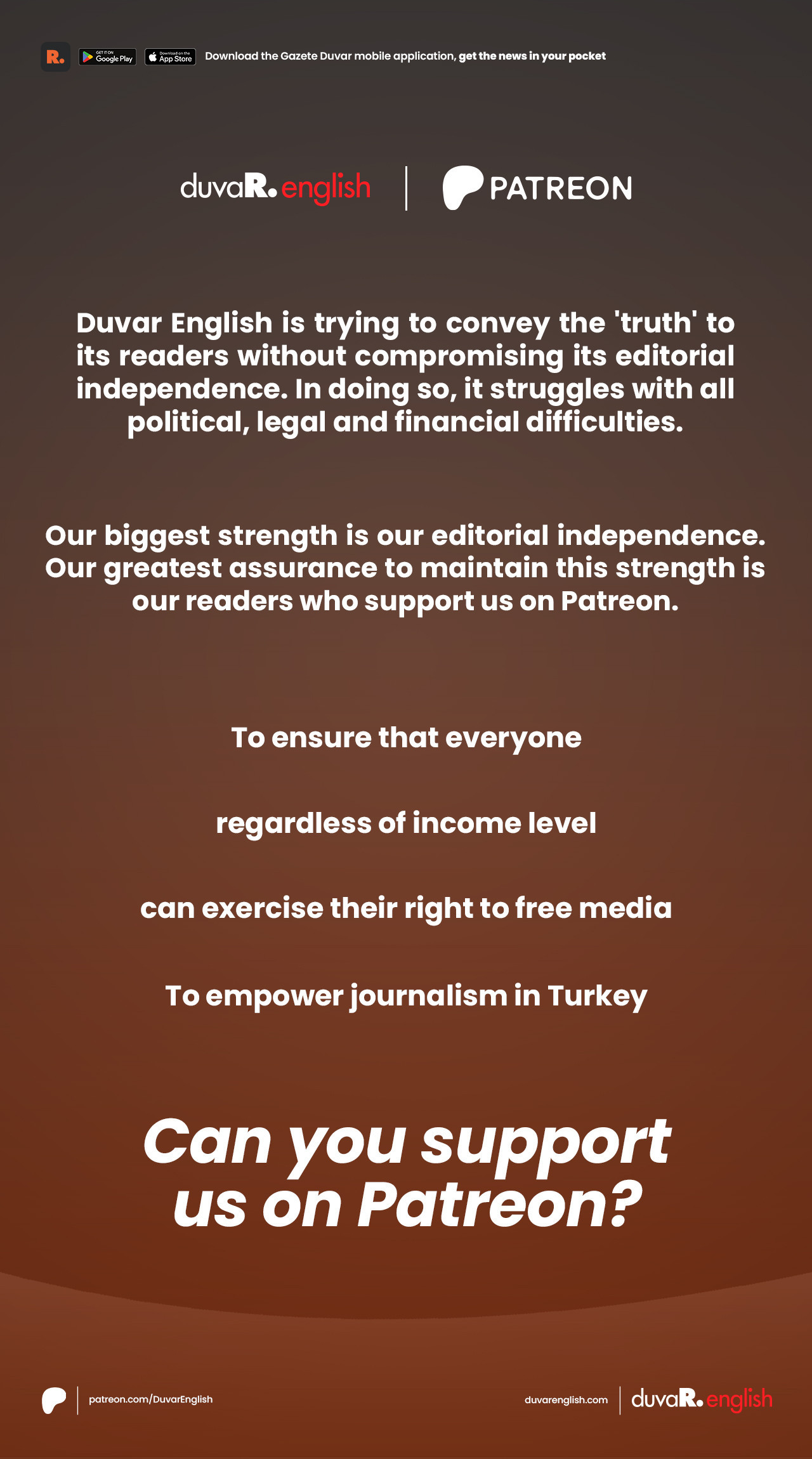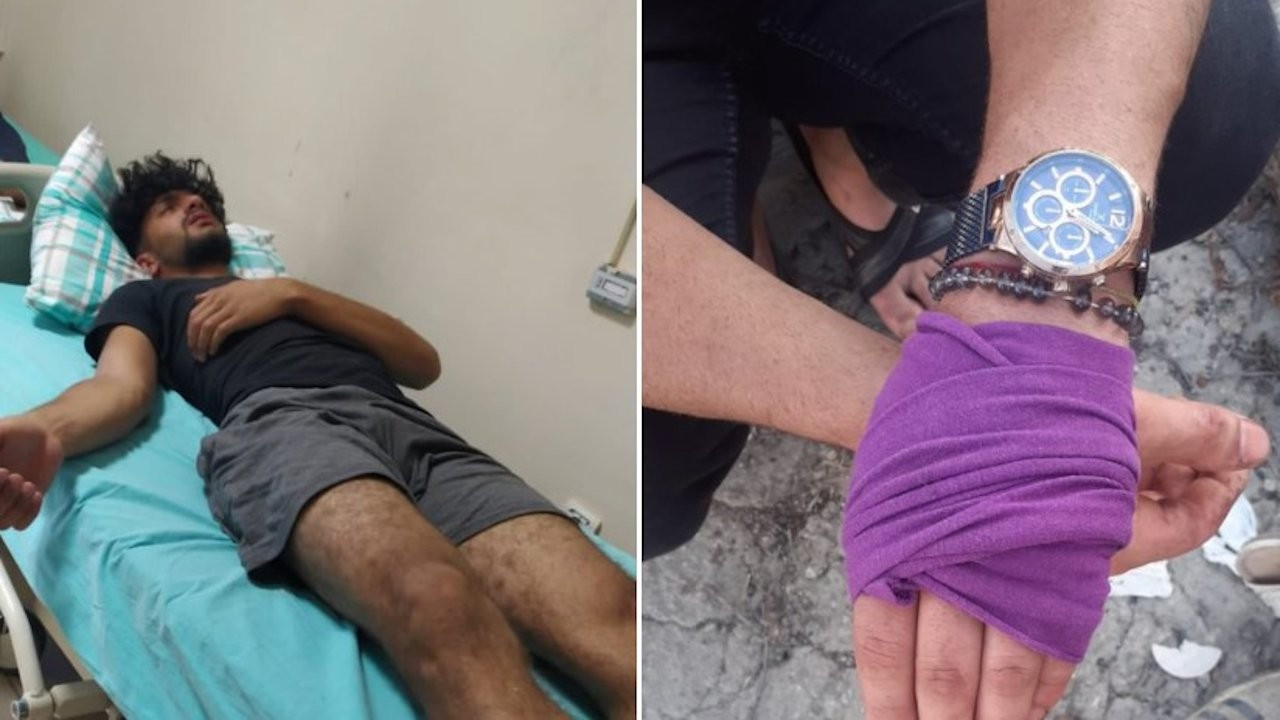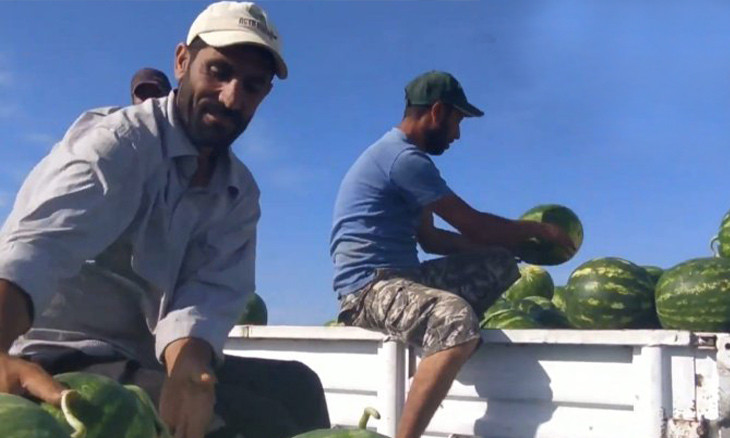Seasonal workers in Urfa set out west in search of better conditions
Seasonal agricultural workers in Turkey’s southeastern province of Urfa have begun their yearly migration to other provinces to find better salaries and working conditions. Still, the families struggle in shanty accommodation and below-minimum wages, highlighting the precarity of agricultural workers in Turkey.
Fatma Keber / Gazete Duvar
Thousands of families in Turkey’s southeastern Urfa province are forced to migrate to the western provinces as agricultural workers to make a living. Despite having vast agricultural lands, thousands of workers prefer to work in other cities rather than in Urfa.
Workers in Urfa either work for low wages or do not receive fair compensation for their labor. Therefore, thousands of agricultural workers hit the road with the opening of the season. Each year, many families migrate to the western provinces as seasonal agricultural workers to work for daily wages.
Along with their children, who have to interrupt their education, families migrate to regions known for the intensive production of onions, garlic, sugar beets, and hazelnuts.
Gazete Duvar spoke via phone with workers who moved from Urfa to other cities with their families and listened to the problems they experienced.
One of those workers was Abdullah Akbay. The Akbay family moved to the Bursa province in Turkey’s Marmara region in April.
Akbay told Duvar that they moved to Bursa as a family, to work in the pepper and tomato business. Right now, one of their most significant problems was being unable to enroll their children in school, “They didn't accept them, saying we were ‘too late,’” explained Akbay.
Another major problem was housing for the family, who planned to stay in Bursa for about 5 months. “Despite it being May, it’s very cold like winter here, and our electricity is insufficient," he complained.
Akbay also led the group of seasonal workers in the province and pointed to their working conditions, "We have the right to live like human beings too. There are about 160-170 people here, roughly 50 of them children. Our daily earnings are 600 lira (18.5 USD)."
According to Akbay, they need to work 30 days without breaks to earn a minimum wage. Still, this was better than in Urfa, which prompted their yearly migration.
"In Urfa, the daily wage for a worker is fifty percent lower compared to here. Last year, we worked here for 400 lira per day while the daily wage in Urfa was 200 lira. The payment conditions are also different in Urfa. At least we get paid upfront here, but there, payments are delayed and not on time. If the tribe is powerful, they delay our money," he explained.
Musa Gültekin, who went to Adana Tuzlu as a seasonal worker, pointed out that they were deprived of many amenities. He said, "It would be accurate to call us second-class citizens.”
He added that the elderly suffered the most. They were miserable in the rain, mud, and heat, experiencing problems with electricity. “A slight wind cuts off our temporary electricity, and we don't even get a regular subscription,” he said.
“We cannot provide education for our child, and we are losing the health of our loved ones. Why do we come here? We hope to improve our living conditions if we earn money, but unfortunately, we are losing our health," he continued.
Gültekin emphasized that they worked in unhygienic conditions. The mosquitoes in the region became a real problem for the workers, most of whom could not afford mosquito screens.
According to Gültekin, the municipalities ignored their tents while they sprayed insecticide in the village. Despite reporting this to the municipality multiple times, they do nothing about it.
“We are humans too; we live here and are forced to try and earn a living under these conditions," concluded Gültekin.
Selahattin Yılmaz, the President of the Akçakale Chamber of Agriculture, spoke about the migration of agricultural workers from Urfa, saying, "Our citizens here are going in groups to seasonal work with harsh living conditions, merely to sustain their living conditions. They work under tough circumstances.”
The ruling Justice and Development Party (AKP) Provincial Chair had said that people from Urfa were going on vacation during these seasonal migrations.
“We want him to go and see their condition for himself. Who would want such a vacation?" responded Yılmaz.
Pointing out the need to improve conditions in the places where the workers go, Yılmaz said, "They have their babies, children, or elderly, and they try to live in those conditions. There are pests, mosquitoes, harmful animals, but no pest control. They are fighting a battle for survival under difficult conditions."
(English version by Ayşenaz Toptaş)


 Racist mob attacks Kurdish agricultural workers in Turkey's westPolitics
Racist mob attacks Kurdish agricultural workers in Turkey's westPolitics Turkish Education Minister draws ire for normalizing child labor in visit to kids working in fieldsPolitics
Turkish Education Minister draws ire for normalizing child labor in visit to kids working in fieldsPolitics Southern Turkey farmers harvest watermelon that 'they lost a lot of sleep over'Economy
Southern Turkey farmers harvest watermelon that 'they lost a lot of sleep over'Economy